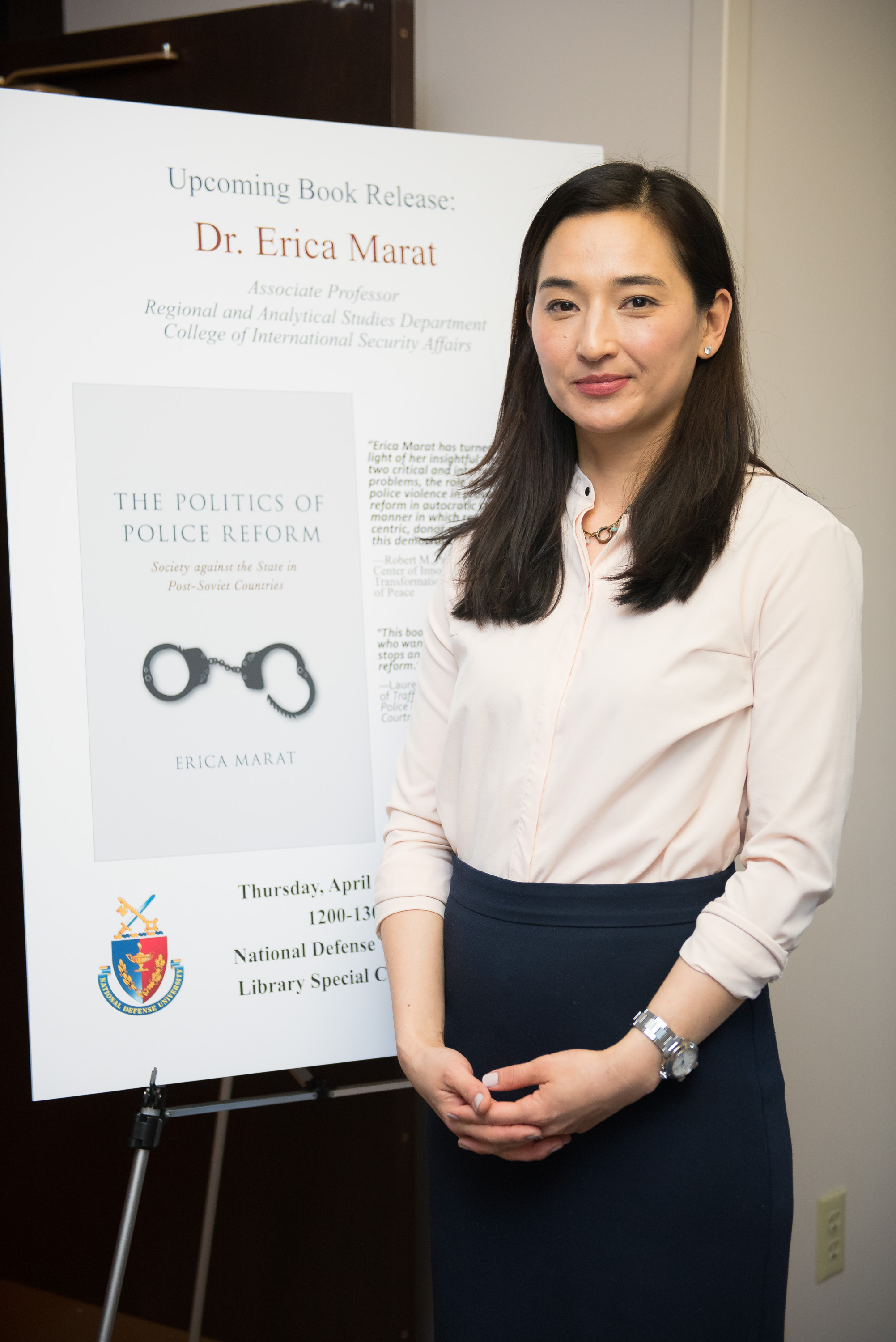On the history of Caucasian Studies in the Tsarist Empire and early Soviet Union

Welcome to the RUCARR zoom seminar with Prof. Oliver Reisner (School of Arts & Sciences, Jean Monnet Chair, European & Caucasian Studies, Ilia State University, Tbilisi). The topic of his talk is On the history of Caucasian Studies in the Tsarist Empire and early Soviet Union.
When: May 25, 2021
Where: zoom, sign up here
Abstract
Short bio
Oliver Reisner is professor in European and Caucasian Studies at Ilia State University Tbilisi (Georgia) since 2015. He received his Dr. phil. degree in East European History for a thesis on nation building in Georgia at Göttingen University (2000), coordinated the MA programme “Central Asia / Caucasus” at Humboldt University Berlin (2000-2003). After implementing an EU-funded civic integration project with World Vision in Georgia, from 2005 until 2015 he was working as project manager at the EU Delegation to Georgia. He published a monograph and 28 papers, most recently on Europeanisation, religion, civil society in Georgia as well as the Georgia country reports for the Bertelsmann Transformation Index. He is a member of the board of the “Association of European Studies for the Caucasus” and of the advisory council of the “European Journal of Minority Issues”. Currently he is leading a research project “In Search of Social Cohesion in Minor Urban Settings of Georgia” (Rustaveli National Science Foundation). Finally, he is co-editor of the series “Caucasian Studies” at Reichert Verlag Wiesbaden.



 Limits of Commitment: Responses of Junior Allies to Hegemonic Entrapment
Limits of Commitment: Responses of Junior Allies to Hegemonic Entrapment Dr. Marat’s research focuses on violence, mobilization and security institutions in Eurasia, India, and Mexico. During our seminar, she will present her book – The Politics of Police Reform: Society against the State in Post-Soviet Countries. What does it take to reform a post-Soviet police force? Across the region, the countries inherited remarkably similar police forces with identical structures, chains of command, and politicized relationships with the political elite. Centralized in control but decentralized in their reach, the police remain one of the least reformed post-communist institutions. As a powerful state organ, the Soviet-style militarized police have resisted change despite democratic transformations in the overall political context, including rounds of competitive elections and growing civil society. This book explores the conditions in which a meaningful transformation of the police is likely to succeed and when it will fail. Based on the analysis of five post-Soviet countries (Ukraine, Georgia, Kyrgyzstan, Kazakhstan, and Tajikistan) that have officially embarked on police reform efforts, the book examines various pathways to transforming how the state relates to society through policing. It develops a new understanding of both police and police reform. Departing from the conventional interpretation of the police as merely an institution of coercion, this study defines it as a medium for state-society consensus on the limits of the state’s legitimate use of violence. Police are, according to a common Russian saying, a “mirror of society”—serving as a counterweight to its complexity. Police reform, in turn, is a process of consensus-building on the rationale of the use of violence through discussions, debates, media, and advocacy.
Dr. Marat’s research focuses on violence, mobilization and security institutions in Eurasia, India, and Mexico. During our seminar, she will present her book – The Politics of Police Reform: Society against the State in Post-Soviet Countries. What does it take to reform a post-Soviet police force? Across the region, the countries inherited remarkably similar police forces with identical structures, chains of command, and politicized relationships with the political elite. Centralized in control but decentralized in their reach, the police remain one of the least reformed post-communist institutions. As a powerful state organ, the Soviet-style militarized police have resisted change despite democratic transformations in the overall political context, including rounds of competitive elections and growing civil society. This book explores the conditions in which a meaningful transformation of the police is likely to succeed and when it will fail. Based on the analysis of five post-Soviet countries (Ukraine, Georgia, Kyrgyzstan, Kazakhstan, and Tajikistan) that have officially embarked on police reform efforts, the book examines various pathways to transforming how the state relates to society through policing. It develops a new understanding of both police and police reform. Departing from the conventional interpretation of the police as merely an institution of coercion, this study defines it as a medium for state-society consensus on the limits of the state’s legitimate use of violence. Police are, according to a common Russian saying, a “mirror of society”—serving as a counterweight to its complexity. Police reform, in turn, is a process of consensus-building on the rationale of the use of violence through discussions, debates, media, and advocacy.